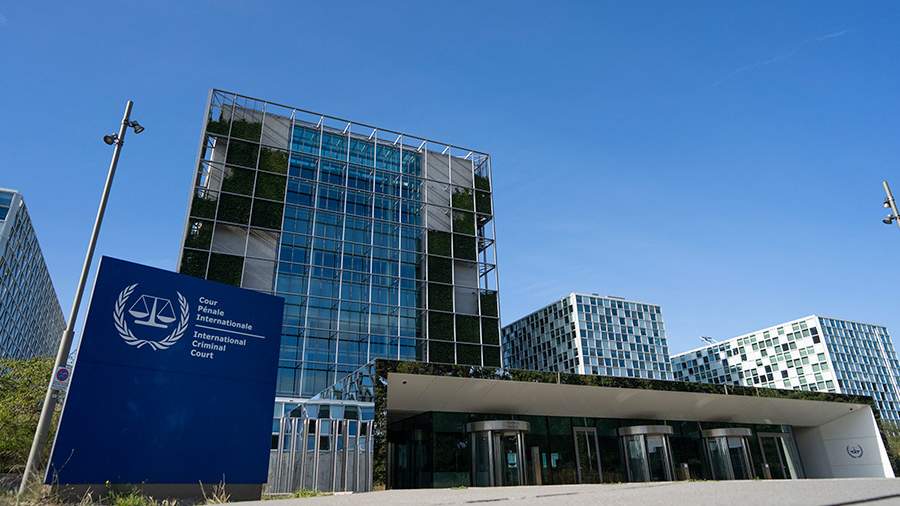Media has learned of the ICC's expectation of aggressive sanctions from the Trump administration
- Новости
- World
- Media has learned of the ICC's expectation of aggressive sanctions from the Trump administration

The International Criminal Court (ICC) in The Hague is preparing to impose aggressive economic sanctions by the administration of the new US President Donald Trump. This was reported by The Guardian newspaper on January 20, citing interlocutors.
"There are fears that sanctions will be used to close the court, to destroy it, not just to tie its hands," the ICC representative said.
The newspaper's interlocutors noted that sanctions against individuals of the court would be difficult but manageable. At the same time, institution-wide sanctions would pose a threat to the functioning and existence of the structure.
According to the interlocutors, some of the restrictions may be aimed at blocking the ICC's access to services necessary for its work. Thus, access may be limited to banking and payment systems, IT infrastructure and insurance companies.
Microsoft's Azure cloud platform is reportedly critical to the ICC's operations. Restricting access to it would stop many investigations. According to The Guardian, the destabilization of the court may be related to the cancellation of arrest warrants for Israeli Prime Minister Benjamin Netanyahu and the country's former Defense Minister Yoav Galant.
Earlier, January 10, the House of Representatives of the US Congress approved a bill to impose sanctions against the International Criminal Court (ICC) in case of its proceedings against the United States and its allies. It is specified that the project was supported by 243 members of the lower house of Congress and 140 opposed.
The International Criminal Court issued an arrest warrant for Netanyahu and Galant on November 21, 2024. The court ruled that the two politicians were responsible for war crimes against civilians. The United Kingdom, the Netherlands and Estonia expressed their willingness to comply with the court's decision, while the United States and France opposed it.
Переведено сервисом «Яндекс Переводчик»

